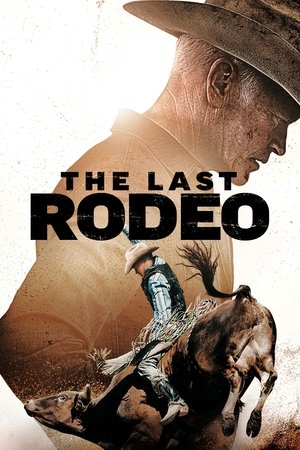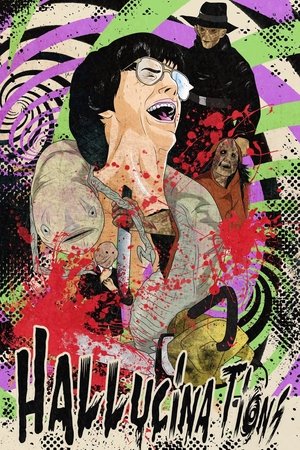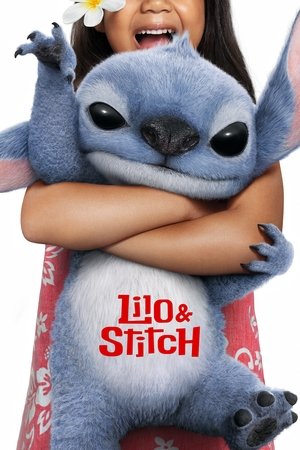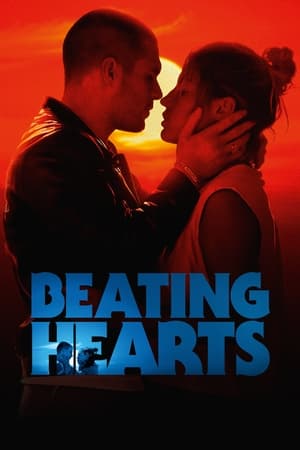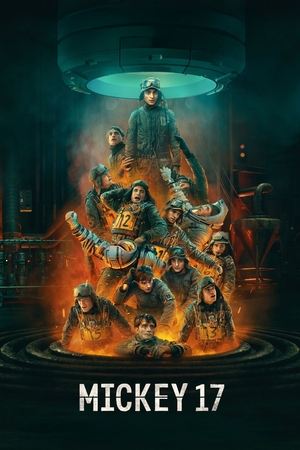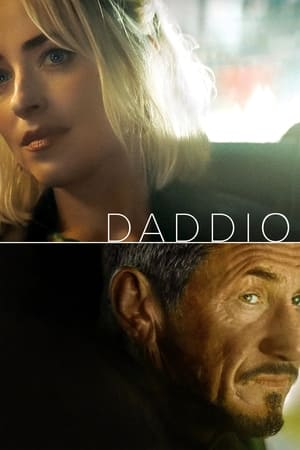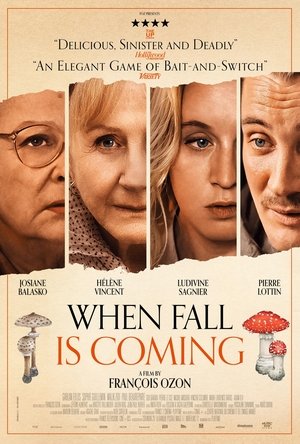Nonton Film: 842924 the life of chuck 2025 Sub Indo
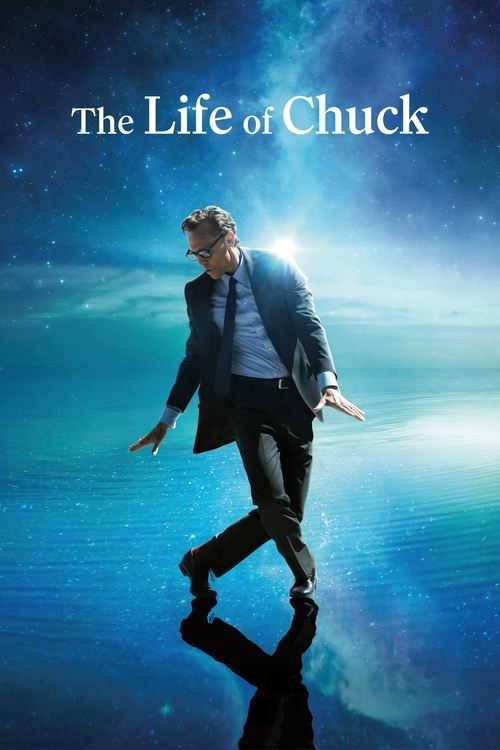
The Life of Chuck (2025)
Overview: In this extraordinary story of an ordinary man Charles 'Chuck' Krantz experiences the wonder of love the heartbreak of loss and the multitudes contained in all of us.
Director: Mike Flanagan
Cast: Tom Hiddleston, Jacob Tremblay, Benjamin Pajak, Cody Flanagan, Chiwetel Ejiofor
Original Language: EN
Original Title: The Life of Chuck
Budget: N/A
Revenue: N/A
MPAA Rating: PG
Keywords: based on short story
🎬 Tonton Trailer ▶️ Watch NowReviews
Chris Sawin (June 6, 2025)
The sci-fi drama The Life of Chuck is based on a Stephen King short novella of the same name, which is included in the 2020 story collection called If It Bleeds. The screenplay and film are written and directed by Mike Flanagan (Gerald’s Game, Doctor Sleep). The film is broken down into three acts told in reverse chronological order. Despite being based on a Stephen King story, this is not a horror film and is drama more in line with films like The Shawshank Redemption and The Green Mile. In the not-too-distant future, the world is crumbling. The internet is down for good, California has dissolved into the sea, cell phones have stopped working altogether, massive sinkholes cause impossible traffic nightmares, and stars begin disappearing out of the night sky. The one constant is that a man named Charles Krantz (Tom Hiddleston) is being thanked nonstop through bizarre marketing like billboard, radio, and TV ads, skywriting, and graffiti. And yet nobody seems to know him. The Life of Chuck’s backward storytelling gives Charles Krantz a kind of Benjamin Button aura but is somehow less interesting. The acts follow Chuck through different ages or stages in his life; as a young boy (Benjamin Pajak), as a teenager (Jacob Tremblay), and as an adult (Hiddleston). The story is immaculate when it comes to explaining why Chuck has a fascination with dancing, his association with math and how he ended up as an accountant, and what his grandfather Albie Krantz (Mark Hamill) was hiding in the locked cupola that would become Chuck’s childhood home. However, The Life of Chuck leaves out important information. Mike Flanagan’s screenplay seems mostly accurate to Stephen King’s original story, but nothing is explained regarding the state of the world in the future or why there are Charles Krantz advertisements everywhere. What resides in the cupola is interesting, but it also just raises more questions with the only takeaway being that we should continue to live our lives without worrying about what lies ahead. The acts all have important life moments for Chuck. Act Three sees Chuck’s journey ending at the same time the world is ending. His grandfather dies in Act Two while he’s a teenager. Chuck finally has the opportunity to see what’s inside the cupola. In act one, Chuck loses his parents at a young ages and lives with his grandparents throughout childhood. He finds comfort in dancing and eventually discovers the love of his life. Despite getting top billing, Tom Hiddleston gets maybe ten minutes of screen time, and most of that time is spent dancing in the street. He also doesn’t have many lines of dialogue. There’s a reason for that, but if you’re a Hiddleston fan seeing this hoping for a meaty role then you’ll be sorely disappointed. The majority of Act Three is driven by people walking around and talking. News reports and TV broadcast signals are being cut short, but most exciting aspects aren’t shown and take place off-screen. Act 3 mostly follows a teacher named Marty Anderson (Chiwetel Ejiofor) as he attempts to maneuver a world falling to pieces while trying to get to his ex-wife Felicia Gordon (Karen Gillan). Conversations and particularly our interactions with people are what shape The Life of Chuck. What the littlest thing in the present like a grandmother dancing to rock and roll in the kitchen while she cooks and what that could mean throughout the rest of our lives makes Chuck feel more and more like a genuine person as he ages and experiences more as his life progresses. Despite being a relatively normal guy, Charles Krantz’s life was given extraordinary treatment and the spotlight. And maybe that’s the big takeaway from the film and the story that no matter how routine our life feels there are still wonderful moments and unforgettable life lessons that more than just one person experiences. The film features Mark Hamill giving a five-minute speech about how great math is to a young Chuck culminating with a line that would stick with anyone for the rest of their life; math is an art and you have art in you. The craft and beauty have never been the big predictable moments we all see coming, but what we do in between and how we get there. Wholesome, meaningful, timely, and incredibly moving; The Life of Chuck is overflowing with heart and is the type of film we all need right now. Our lives are a gift that deserves to be lived and studied and reminded of how incredible it is to exist.
Brent Marchant (June 8, 2025)
It’s incredibly frustrating to watch a film that has so much potential but ultimately fails to capitalize on it. Such is the case with one of the most heavily anticipated offerings of the summer movie season, “The Life of Chuck, from writer-director Mike Flanagan, based on the short story of the same name from author Steven King. Told in three acts in reverse chronological order, the picture follows the life of Charles “Chuck” Krantz (Tom Hiddleston) and how his adult self emerged from a childhood of mixed experiences under the care of his paternal grandparents (Mark Hamill, Mia Sara). It focuses on how an inquisitive preteen (Jacob Tremblay) with a love of and gift for dance ultimately (and largely inexplicably) settled for a mediocre life as an accountant instead, one whose existence was sadly cut short in his prime and subsequently provided the basis for soul-searching and introspective reflection among characters and audience members alike. In telling this story, the film seeks to address a variety of grand philosophical and cosmological questions, many of which are tied to regrets about the compromises we make during our lifetimes. While the film certainly has its share of genuine flashes of brilliance in this regard, there aren’t nearly enough of them, and those that manage to surface are frequently underdeveloped, soft peddled, applied inconsistently (even in contradictory fashion) or significantly watered down. It’s almost as if the filmmaker lacked sufficient confidence in his own message, yielding a superficial, uneven, sometimes treacly treatment of its foundational principles. The fault here primarily lies with a script that should have gone through one or more additional rounds of revisions to refine what it was attempting to achieve – its quest to make the truly profound statement it was striving for instead of settling for something far less sublime and eminently unsatisfying. Moreover, the screenplay’s shortcomings carry over into other aspects of the production, particularly the unnecessary inclusion of extraneous material while simultaneously undercooking other more relevant elements. And this, in turn, affects such other aspects as the film’s underwhelming editing and sometimes-unimpressive performances (most notably Hiddleston, who ends up primarily playing a glorified walk-on). To its credit, there are some noteworthy attributes, such as the positively mesmerizing opening sequence (as presented here, “Act Three”), the picture’s delightful sense of whimsy, clever (if occasionally overdone) homages to other pictures (especially “Back to the Future” (1985) and “The Truman Show” (1998)), an excellent original score and commendable complementary soundtrack (despite its mind-boggling exclusion of what would have been a perfectly suited addition, one that Tom Petty fans will readily recognize), and a fine supporting performance by Chiwetel Ejiofor. But, these assets aside, they’re not enough to make up for the picture’s shortfalls. To that end, then, moviegoers looking for better screening choices that address material like what was intended here would be wise to view Tim Burton’s far superior “Big Fish” (2003) instead. Indeed, had it been handled more adeptly, “The Life of Chuck” could have been one of the best-ever adaptations of one of King’s works and one of the best overall releases of recent years, a picture with much to offer audiences on so many fronts. Unfortunately, we’ll never get to see that film and the valuable wisdom it could have imparted for how we live our lives and how we can get the most out of them while we have the chance.



